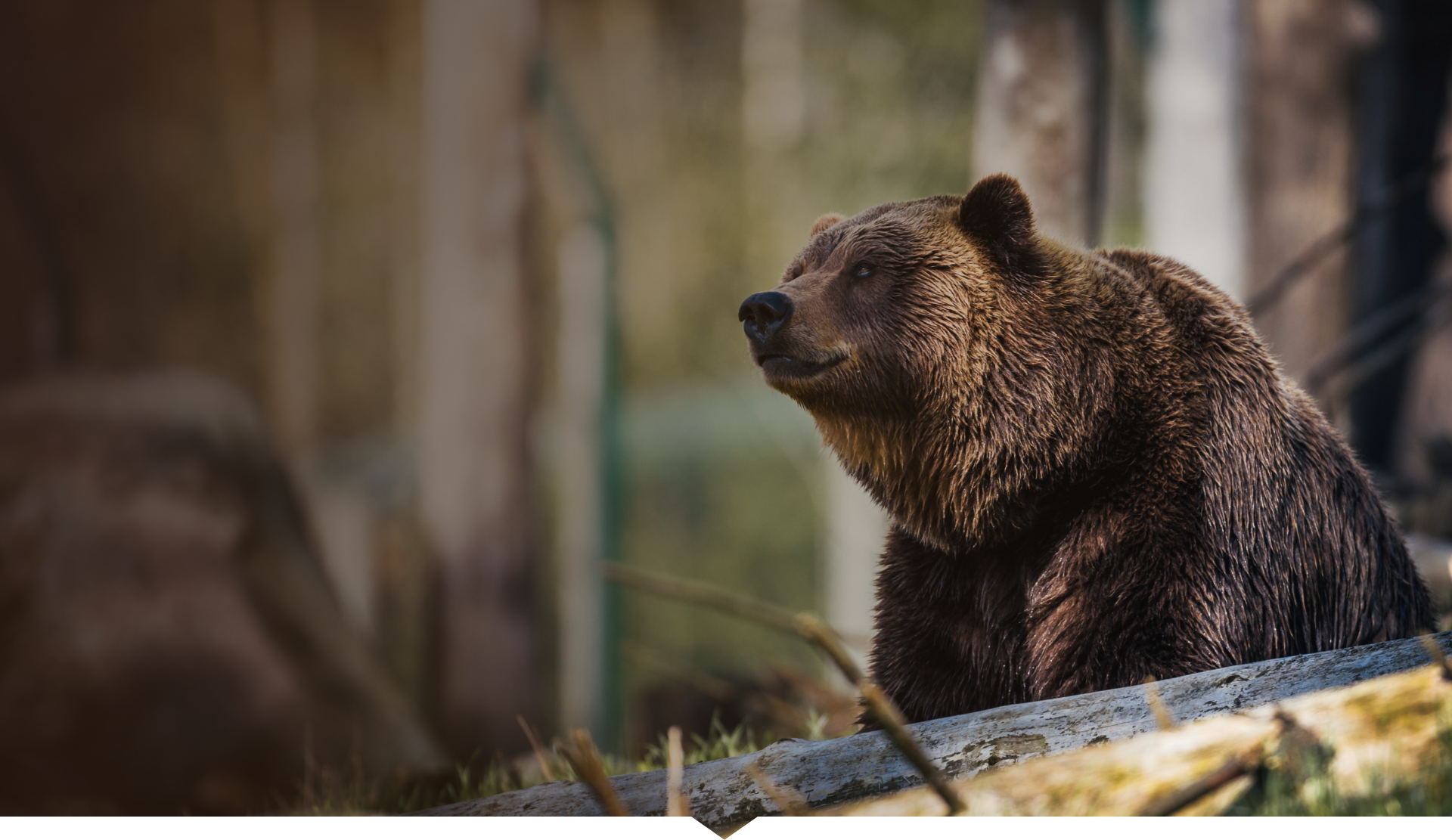Our partner Free the Bears sent an alarming article on the potential rise of bear farms in Laos. The article was published on the National Geographic website by their Special Investigations Unit. The closing down of bear farms in Vietnam, combined with a lack of law enforcement, threatens to seriously limit the number of wild bears in Laos. Poachers and traders harvest wild bears to supply the illegal bear farms. In the bear farms asiatic black bears and sun bears suffer from bear bile extractions. The bile is used in traditional medicine. Although some bear farms claim to breed bears, all the bears are actually taken from the wild. In 2012 Bears in Mind was the main sponsor of the IUCN motion to stop bear farming in Asia. The aim of this motion is to end all bear farms by proving scientifically that wild bear populations are decreasing due to bear farms. Furthermore the project will promote the many alternatives for bear bile. More about this project can be found on our project section.
The National Geographic article can be found on their website.
Photograph: Hoang Dinh Nam, Getty Images


